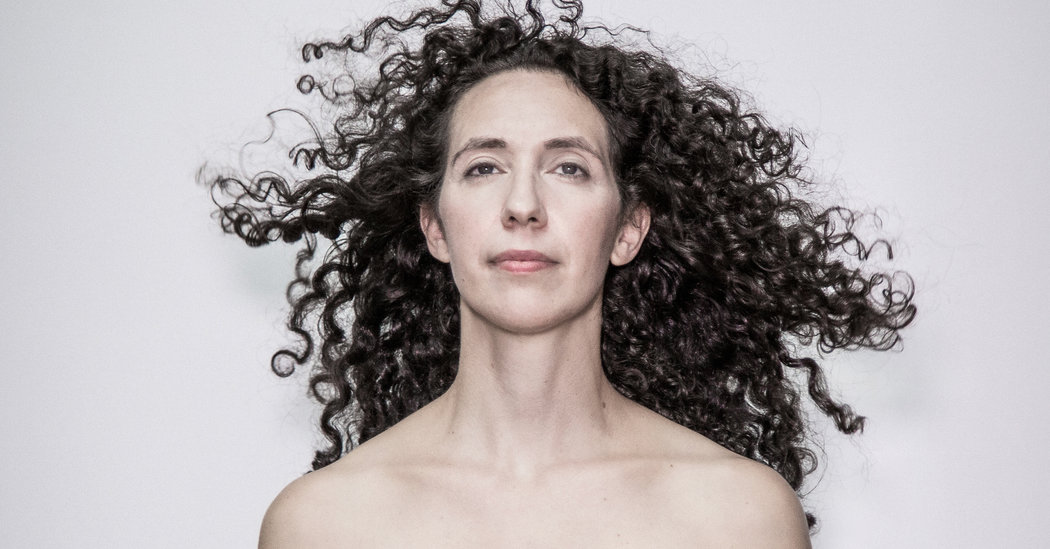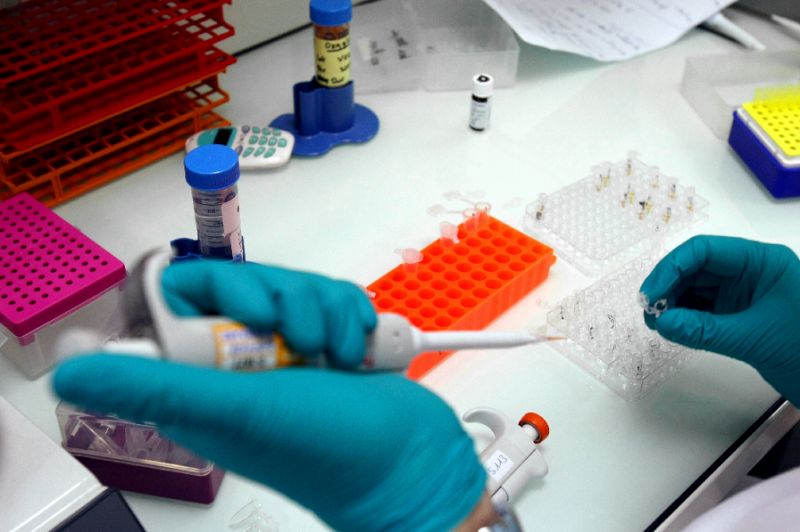For years, doctors and oncologists encouraged breast cancer survivors who underwent mastectomies to have reconstructive surgery as a way to feel whole again. Most women still elect to have the surgery, but as The New York Times reported, a growing number are choosing to live without breasts.
Before Debbie Bowers had surgery for breast cancer, her doctor promised that insurance would pay for reconstruction, and said she could “even go up a cup size.” But Bowers did not want a silicone implant or bigger breasts.
“Having something foreign in my body after a cancer diagnosis is the last thing I wanted,” said Bowers, 45, of Bethlehem, Pennsylvania. “I just wanted to heal.”
While plastic surgeons and oncologists aggressively promote breast reconstruction as a way for women to “feel whole again,” some doctors say they are beginning to see resistance to the surgery. Patients like Bowers are choosing to defy medical advice and social convention and remain breastless after breast cancer. They even have a name for the decision to skip reconstruction: They call it “going flat.”
“Reconstruction is not a simple process,” said Dr Deanna J Attai, a breast surgeon in Burbank, California, and a past president of the American Society of Breast Surgeons, adding that more of her patients, especially those with smaller breasts before diagnosis, were opting out of reconstruction. “Some women just feel like it’s too much: It’s too involved, there are too many steps, it’s too long a process.”
Social media has allowed these women to become more open about their decision to live without breasts, as well as the challenges, both physical and emotional, that have followed. For a recent video created by wisdo.com, a social media platform, and widely shared on Facebook, Bowers and her friend Marianne DuQuette Cuozzo, 51, removed their shirts to show their scarred, flat chests.
“Breasts aren’t what make us a woman,” Leaphart said.
The nascent movement to “go flat” after mastectomies challenges long-held assumptions about femininity and what it means to recover after breast cancer. In promoting the surgery, doctors cite studies that suggest breast reconstruction improves a woman’s quality of life after cancer. But some women say that doctors focus too much on physical appearance, and not enough on the toll prolonged reconstructive procedures take on their bodies and their psyches.
Up to one-third of women who undergo reconstruction experience complications.
A systematic review of 28 studies found that women who went without reconstruction fared no worse, and sometimes did better, in terms of body image, quality of life and sexual outcomes.










